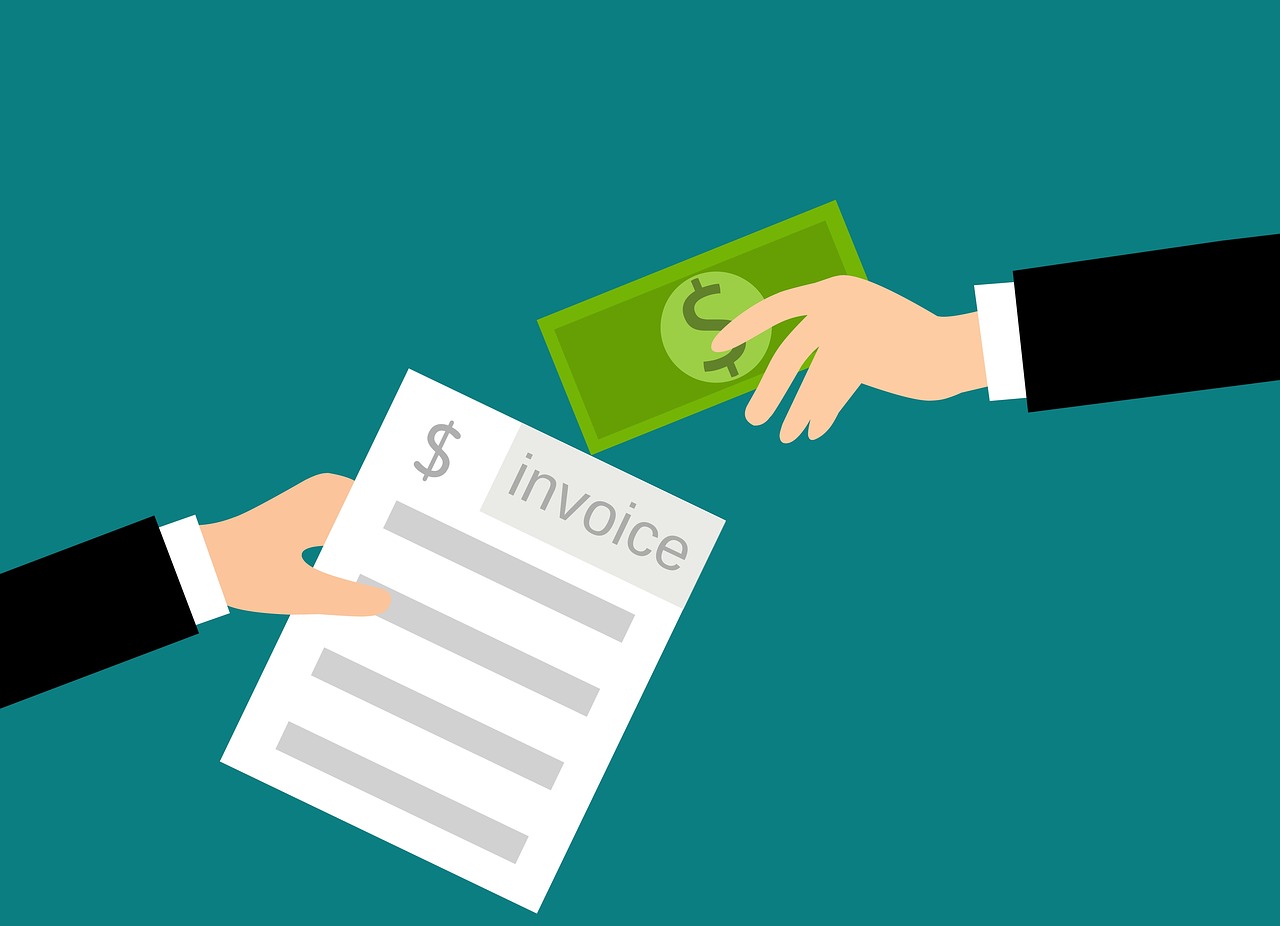Working on Spec: Advantages and Disadvantages
If you’ve ever been contacted by a prospective customer who’s interested in working with you but wants you to complete a test piece prior to getting the project started, you’ve already had first-hand spec work meaning experience. In this piece, we’ll provide the speculative work definition, cover its benefits and drawbacks, as well as touch upon the main forms of this ‘free pitching’.
What Is Spec Work?
So, what does spec mean? Even if you’ve been in freelance for quite some time, chances are you’ve never come across this term before. No worries, we’ll let you in on what it means. Also known as speculative work or ‘free pitching’, spec work is any kind of work completed for potential customers, without a verbal agreement or legal contract resulting in compensation in exchange.
Typically, the following freelance specialists are offered to work on spec:
- web designers;
- photographers;
- developers;
- copywriters;
- videographers.
Sometimes a spec project comes in the form of a test, entry exam, or contest. There are cases when the completed project is used by an unprofessional client to their advantage. Want to know how to protect yourself from similar unethical moves? Curious about other disadvantages of this type of work? We’ll cover these topics in this
Saldoinvoice post later.

Forms of Spec Work
This type of work may come in an array of shapes and forms. Here are some of the most frequently surfacing ones:
- Contests. This spec work form when freelancers compete for the prize of getting paid for their work is among the most widely practiced on the scene. Have you ever participated in a contest to design a company logo or custom invoice examples aiming to ‘win’ (read as get paid)? That’s exactly what speculative work is.
- Bidding on work. This involves freelance bids and doing lots of work prior to winning a contract. Whether you’re working on building your portfolio or just really need stable cash flow, putting work into freelance bids usually pays off.
- Agency pitches. Spec work is also typical for agencies aiming to bring in big clients.
- Take-home projects. Have you ever come across an assignment that’s included in a job interview? While some of these assignments are completed on-site, there are cases when they are ‘sent home’ to the freelancer. That’s when they get particularly time-consuming.
Now that the ‘What’s a spec’ topic has been disclosed, let’s take a quick look at the similar yet non-synonymical terms. Bear in mind that such activities as crowdsourcing, volunteering, pro bono work, and internship are not considered spec work.
Reasons to Accept Spec Work: Pros and Cons
As you’ve probably guessed, the reputation of speculative work is somewhat controversial. This coin comes with two sides, and we’re going to look at both of them.
So, what are the perks of spec work? Find the main ones below:
- it helps you make a brilliant first impression: by doing a part of a project before officially diving in, you have a great opportunity to present your skills in an effective possible;
- it grants you the possibility to earn new clients: a great strategy to give a try if you’re in the process of branching out;
- it aids you in building your portfolio: for example, if you’re just starting out as a designer, spec work is a nice tool for diverse, real-client-based portfolio creation;
- it allows for freedom of experimentation: without being confined to specific requirements, you get to freely give some truly boundary-pushing ideas a try.
Naturally, spec work has drawbacks, too. Find some of them below:
- it’s time-consuming and potentially non-resultative: spec work feels good if it ultimately grants you a won contract. However, when hours of your time spent on completing a significant portion of the project don’t result in getting paid, that comes down to heaps of your precious time simply wasted;
- it’s potentially unprofitable: similar to the previous point, hours of unpaid work don’t equal financial stability at all;
- high chance of your work being stolen and/or resold: without a legal agreement on hand, making your case in court is really challenging;
- it doesn’t exactly display your best work: brilliant freelancers work on building rapport with their customers on a daily basis, exploring their most intricate needs, and understanding their vision. With spec projects, you only get to represent a portion of your skills, without focusing on the crucial aspect, i.e. building that knowledgeable and respectable customer-freelancer relationship.

Tips for Avoiding Spec Work Requests
As a freelancer, you’re probably well aware that some clients’ approach to offering you spec work is clueless and devaluing, to put it mildly. No one likes their work to be devalued. Therefore, at some point in your career, you might want to refuse these types of offers. So, how to effectively avoid speculative work without losing valuable opportunities? Here are the tips to equip yourself with:
1. Sign Trial Period Contract
This will protect you from being scammed or treated in a devaluing way. Furthermore, a written legal agreement always makes solving disputes a lot easier in case they arise.
2. Track Your Time and Expenses
With this knowledge assessed and embraced and the confidence that derives from knowing the value of your work, you clearly show to your potential customers that what you’ll invest in a project is truly valuable.
3. Explain Your Professional Value
Be persuasive and eloquent when explaining the value you bring when working on a project. You’re free to just tell them ‘no’. It’s not personal, it’s strictly business, after all.
Speculative work comes with its pros and cons, that’s a given. The tools you choose to grow professionally are solely up to you and your unique situation. However, at the end of the day, working on spec is not the best position for a freelance professional to occupy. While it might be appropriate and reasonable at a certain point in your life, ultimately, the best choice is to know your worth and avoid those requests altogether.
Optimizing Workflow and Results
You know how it feels when your desk is a mess, and you can’t find that one important paper? Now, think of your freelance projects as that desk. The smoother your workflow optimization, the easier to find what you need when needed.
Speculative work can be a double-edged sword here. On one hand, it can be a chance to showcase your skills in a real-world scenario, boosting your freelance efficiency. On the other hand, without smart planning, these projects can turn your organized workspace into that messy desk we talked about.
To keep everything streamlined, consider:
- Using a simple project management tool to track your tasks
- Setting clear deadlines for your speculative work process
- Prioritizing tasks based on importance and deadline
Following these steps ensures that you’re not just taking on speculative work blindly but fitting it neatly into your broader freelance workflow.
Balancing Risk and Reward
Money talks, doesn’t it? In the freelance world, you’ll come across both freelance benefits and freelance drawbacks. Speculative work is no different. It’s like playing a mini-lottery with your time and skills. You might hit the jackpot with a long-term client or end up with a dud.
Here’s a quick list to balance out the spec work pros cons:
- Will this project add something useful to your portfolio?
- How reliable does the potential client seem?
- What’s the time investment, and can you afford it?
Effective Communication With Clients
Inaccurate communication can do a lot of harm to your project spec. Speculative work offers you a chance to set the communication rules of the game right from the start.
You can show off what you do and how you do it, setting the tone for future communications. Be open about what you can offer and what you expect in return. This back-and-forth can form the cornerstone of a solid business relationship and is a critical part of your freelance workflow.
Making the Right Choice for You
So here we are at the crossroads. Choosing to take on speculative work isn’t a one-size-fits-all decision. It comes with ups and downs; the choice ultimately boils down to your unique situation. Keep your eyes on the road ahead, factoring in workflow management, the pros and cons of the gamble, and the golden communication rules.






